Barren County Jail
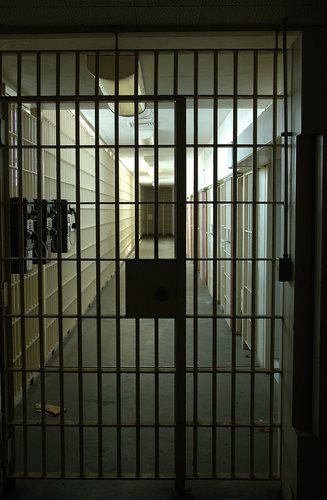

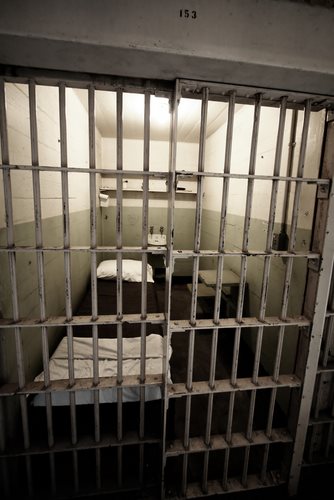
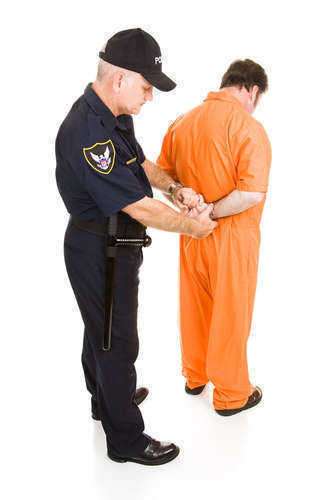
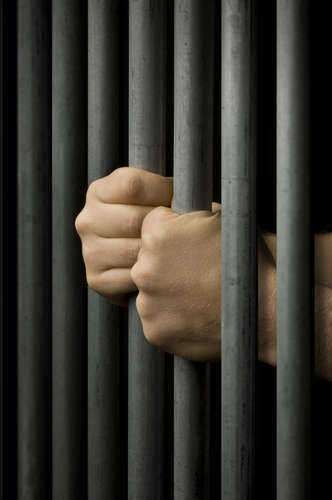
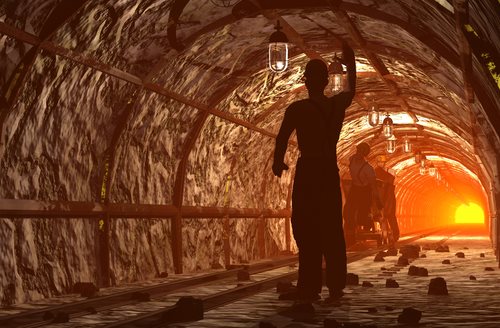
On November 28, 2012, the US Attorney’s Office for the Southern District of West Virginia announced that David Hughart of Crab Orchard, West Virginia was charged with two federal crimes. Hughart was the executive for Massey Energy Company, and the US Attorney’s Office reported he is charged with “conspiring to impede the Mine Safety and Health Administration (MSHA) and conspiring to violate mine health and safety laws.”
Hughart was the former president of Massey’s Green Valley Resource Group, and he is the highest-ranking official charged in the continuing investigation into Massey so far.
According to the US Attorney’s Office, Hughart and other employees for Massey willingly tried to violate health and safety laws and then tried to hide the violations by warning mine operators before MSHA inspectors came for inspection. The criminal activity continued from 2000 to March 2010 at Green Valley group and other Massey mines as well.
Coals mines are subject to large numbers of federal health and safety standards in order to prevent collapses, explosions, fires and more. MSHA inspections are unannounced and performed frequently to make sure companies are complying with federal standards. If MSHA inspectors record violations, mine owners can receive monetary penalties and the mine may even be shutdown until the violations are fixed.
U.S. Attorney Goodwin stated: “Miners deserve a safe place to earn a living. Some mine officials, unfortunately, seem to believe health and safety laws are optional. That attitude has no place in the mining industry or any industry. Today’s charges reinforce that urgent message.”
The FBI, the Department of Labor Office’s Inspector General, and the IRS’s Criminal Investigation Division were in charge of the investigation. The company that took control of Massey’s operations after is a merger in June 2011, Alpha Natural Resources Inc, is working with the investigation as well.
Source: Federal Bureau of Investigation
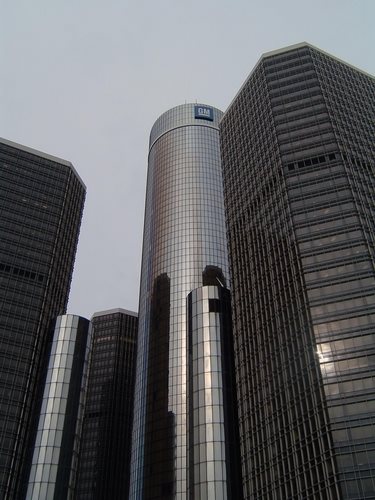
On November 30, 2012, the US Attorney’s Office for the Eastern District of Michigan announced that a former General Motors engineer and her husband planned to steal trade secrets on hybrid technology from GM. They intended to use the secrets in a joint venture with a competitor in China.
The woman’s name is Shanshan Du, and her husband’s name is Yu Qin. They are from Troy, Michigan, and they were convicted and sentenced for unlawful possession of trade secrets. Qin was also convicted of wire fraud and obstruction.
According to trial evidence, the defendants conspired to steal the trade secrets from December 2003 to May 2006. As Du was employed with GM’s hybrid vehicle technology group, she provided information on hybrid vehicles to her husband. The trade secrets were used for their jointly owned company in China called Millennium Technology International Inc.
Du copied over 16,000 GM files five days after receiving a severance agreement by GM. Within months, Qin provided hybrid vehicle technology to a manufacturer and competitor of GM in China called Chery Automobile.
A search warrant was executed in May 2006, and the FBI recovered large amounts of computer and electric evidence. After the search warrant, the defendants drove to a dumpster behind a grocery store where they discarded bags of shredded documents with GM trade secret information.
The husband and wife both face up to 10 years in prison on each trade secret count. Qin also faces up to 30 years in prison for each wire fraud count and up to 20 years in prison for the obstruction of justice charge. They are scheduled for sentencing in February 2013.
The FBI was in charge of the investigation, and Assistant U.S. Attorneys Cathleen Corkin, Michael Martin, and Linda Aouate were in charge of prosecution.
Source: Federal Bureau of Investigation
